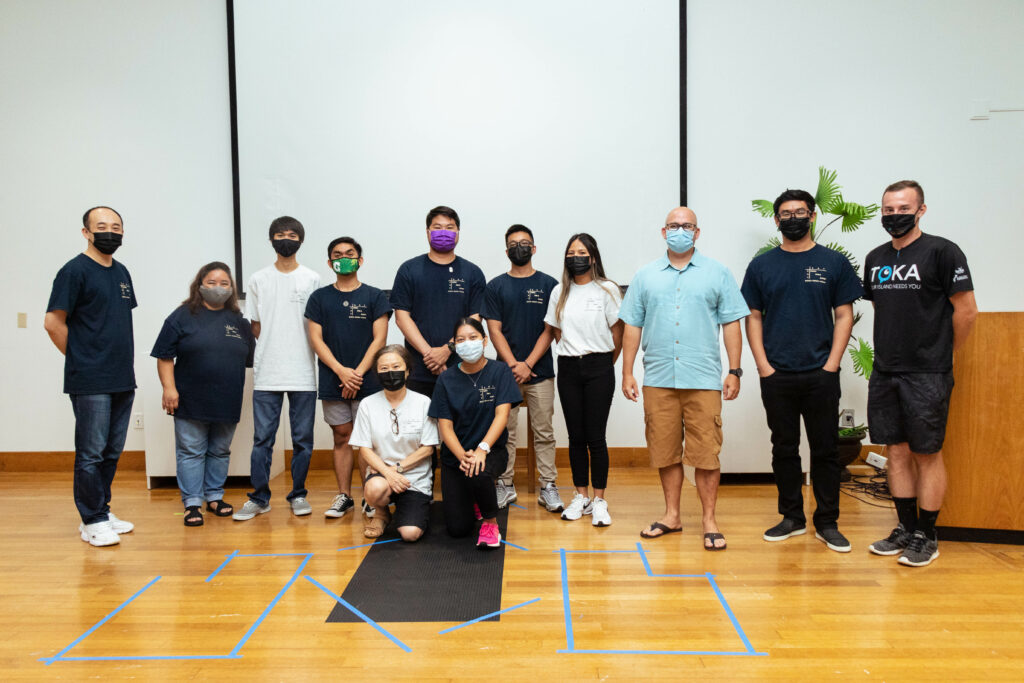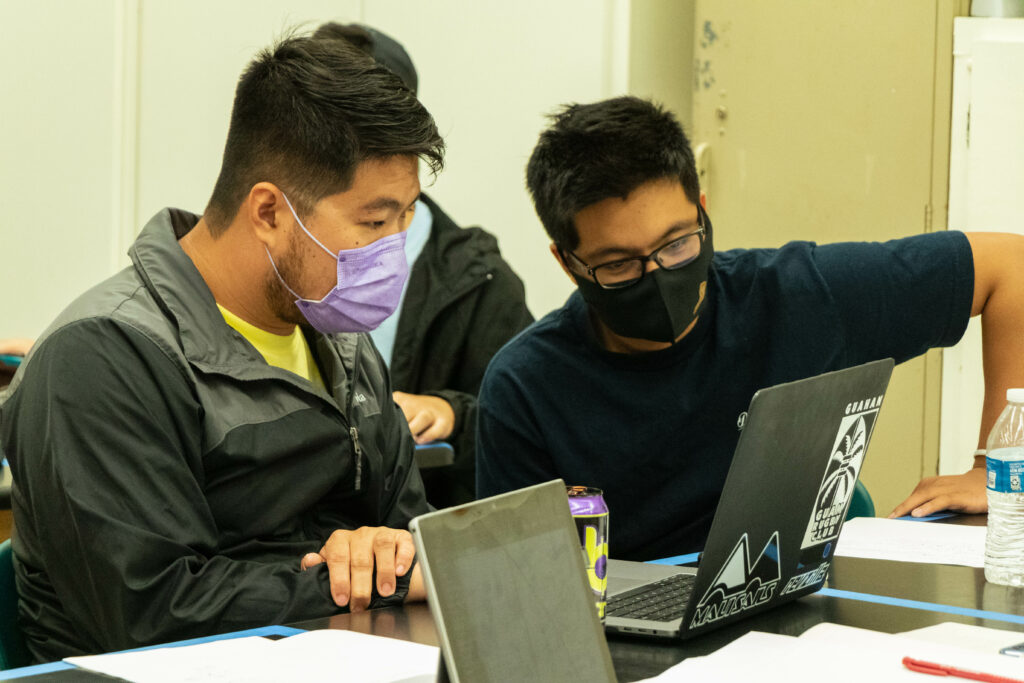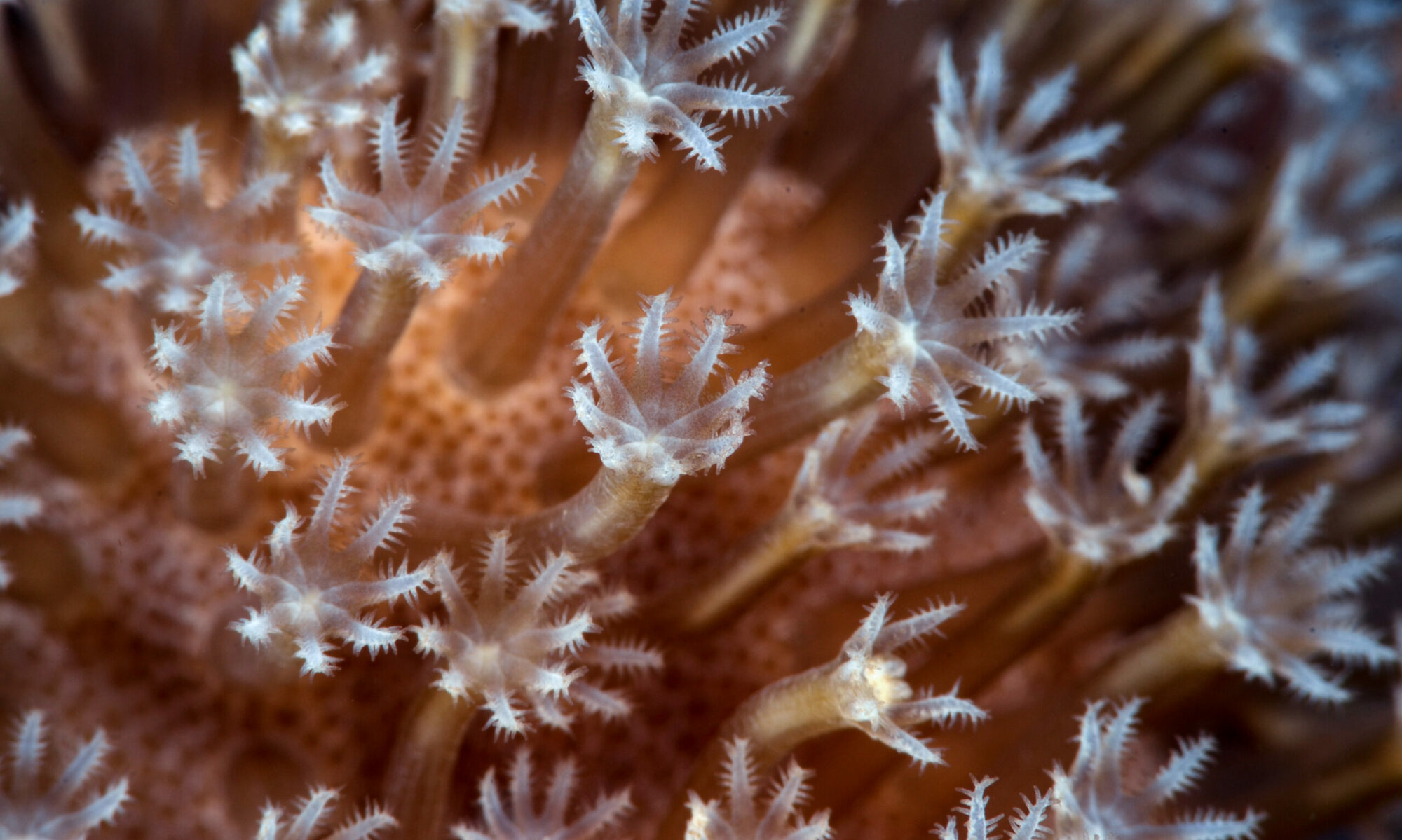




The effects of overfishing parrotfish, coral bleaching, and coral diseases are some of the local issues that students sought to address using mathematical modeling this summer. The students — five undergraduate students and one recent graduate — were part of the first-ever Summer Math Research Experience held from June 7 to July 23 at the University of Guam.
“The more I dove into modeling systems in this program, I’ve realized that math can actually do a lot,” said Henry Song, a recent computer science graduate. “I didn’t realize that something like coral reefs were able to be modeled by math. It was a really good learning experience.”
The summer program was part of the Guam Ecosystems Collaboratorium for Corals & Oceans (GECCO) project, funded by the NSF EPSCoR grant. Part of the project’s aim is to increase the number and diversity of students who pursue careers in STEM.
“All of the projects this year were focused on local issues, so I was excited to help out this summer,” said Regina Mae Dominguez, one of two research assistants who served as mentors for the students.
The Summer Math Research Experience was held in conjunction with two other research experience programs: the Young Research Experience in Mathematics and the National Research Experience for Undergraduates Program. Students in these programs investigated the effects of pathogens on the population dynamics of the coconut rhinoceros beetle while the other group developed models to study the population dynamics of the Mariana eight-spot butterfly and parasitoid wasps.
The students’ work from this first GECCO summer program will assist modeling efforts in the Common Garden Project, a four-year EPSCoR-funded study launched in August that will examine three habitat-forming coral species over a multi-year span and their responses to environmental change.
“By Year 2, we should have a dataset ready,” said Dr. Bastian Bentlage, associate professor of bioinformatics. “Halfway through this year’s math program, we collected the first two data points for the Common Garden. Since we’re interested in seasonal dynamics, having data from a full season should allow them to apply that data to their models.”
Once the models have been developed, they will be used to support reef management and intervention strategies.
“We’re going to model disease transmission and the corals’ responses to environmental stress,” said Dr. Leslie Aquino, associate professor of mathematics. “The math faculty will look at what the students this year have done, and our next set will continue to build on these models or expand on them.”
Participate in the Summer Math Research Experience
Students wanting to participate in the next Summer Math Research Experience can email epscor.smrp@triton.uog.edu or visit https://guamepscor.uog.edu/smre/ for more information.


